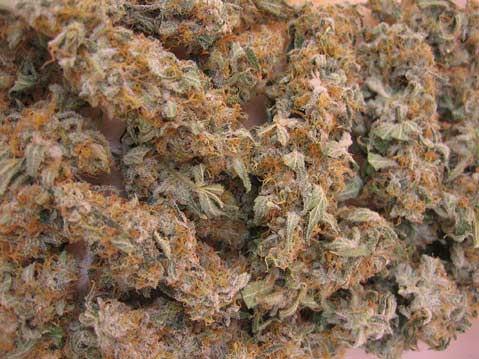New Pot Shops on Horizon
City Ordinance Allows for Three Dispensaries

One year before members of the California Legislature expect to see a ballot initiative legalizing recreational marijuana sale and use, Governor Jerry Brown signed three bills into law last week creating a cradle-to-grave regulatory straitjacket for the multibillion-dollar industry. The new laws will create new state entities to license, control, and tax every phase of medical marijuana cultivation, transportation, manufacture, and sale.
According to Santa Barbara City Attorney Ariel Calonne, nothing in the three bills preempts the ordinance adopted by the City of Santa Barbara five years ago. That ordinance allows for the existence of three dispensaries within city limits and regulates where and how they can be operated. One dispensary has already been licensed for the strip mall by State and Ontare streets that includes Baskin-Robbins and a military recruiting office. It is currently in the process of securing a building permit and could possibly be open early next year. Three other applications have been submitted — for 2609 De la Vina Street, 118 North Milpas Street, and 335 North Milpas Street. Of those, only the first has been deemed complete and will be heard by city staff hearing officers on November 5. The other two have either been rejected or not deemed complete.
The decriminalization law approved by state voters in 1996 pertained only to medicinal marijuana. What impact a new initiative legalizing recreational pot — as exists in Oregon, Washington, Colorado, and Alaska — will have on local or state medicinal rules will depend on which one of nine potential ballot initiatives is ultimately put to the voters. Some in law enforcement have expressed skepticism that the pot industry will back any initiative giving as much power to the state as the three measures just signed by the governor.
Regardless of what California voters have decreed, the federal government has insisted up to now that marijuana possession, sale, and cultivation are crimes. At various times, the Department of Justice has threatened to seize the real estate holdings and bank deposits of any Santa Barbara landlords renting to dispensary owners. That effectively shut down Santa Barbara’s once-thriving dispensary business. Since the federal government issued those threats, the medical marijuana business has not gone away but instead went underground. The former storefronts have been replaced by as many as 20 home-delivery dispensary businesses.



